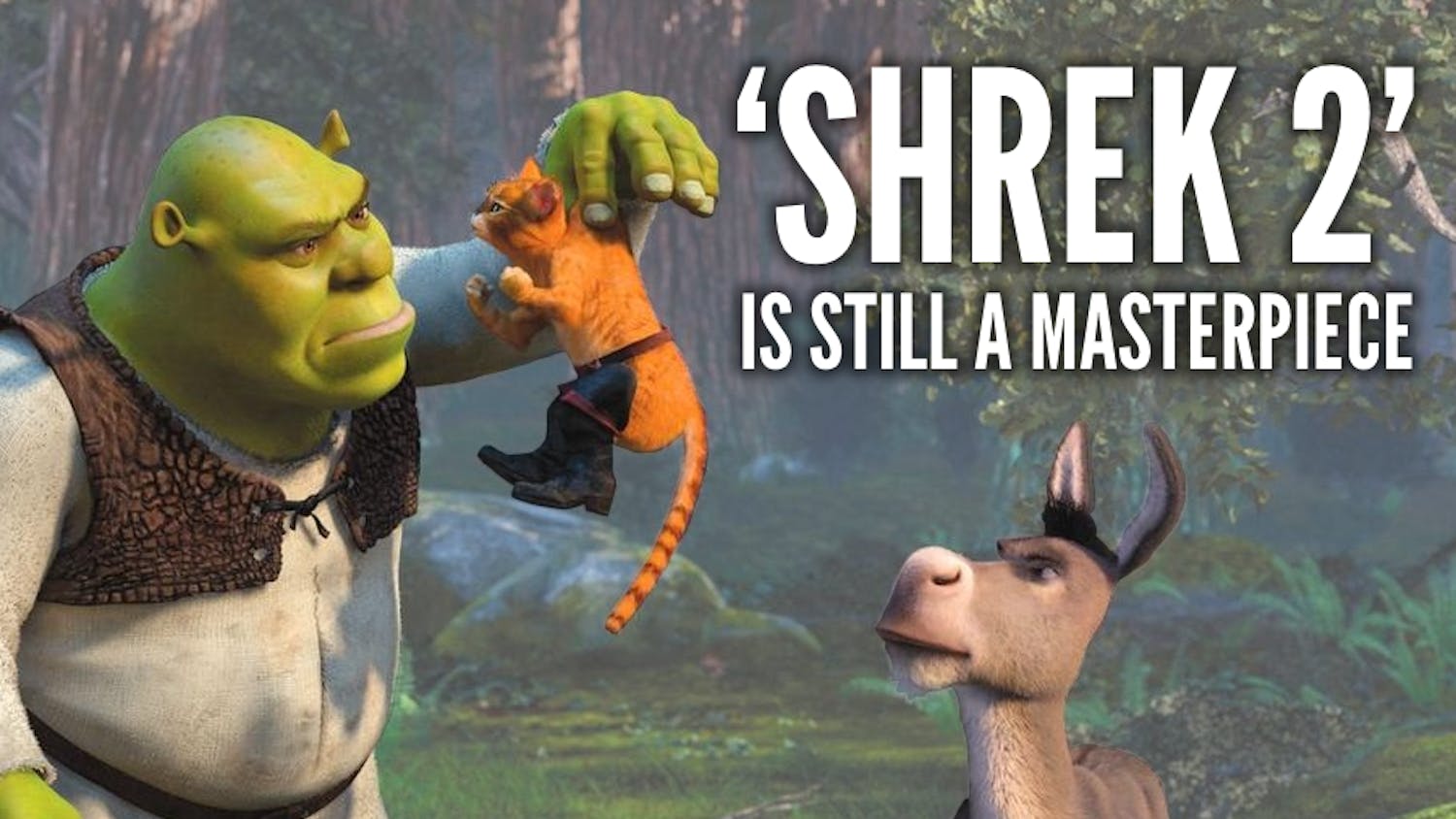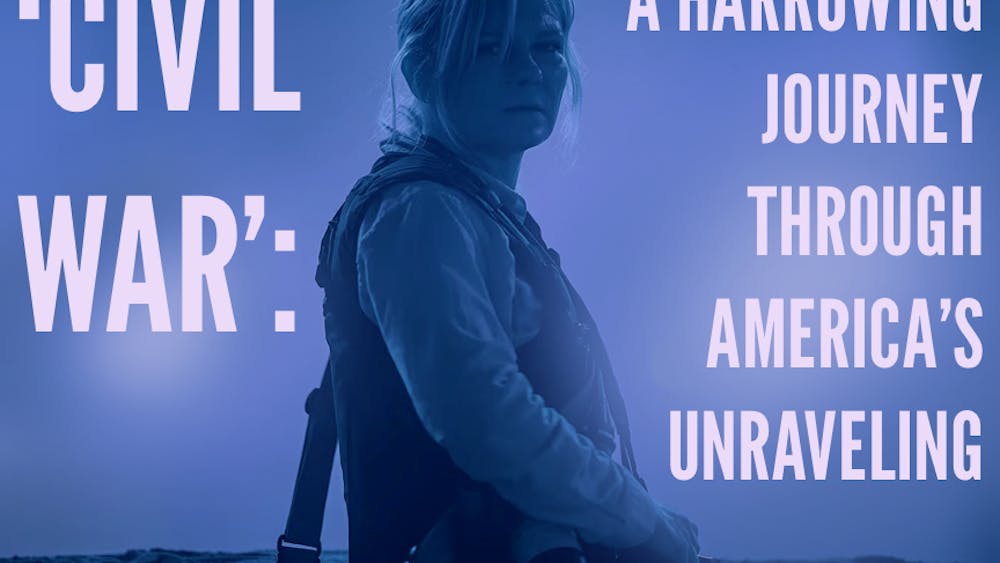
“They’re folky. And they sing about death a lot,” the Scene writer said. “Yeah, all of their songs are pretty much about death.”
Usually, this kind of description would only serve to remind me why I’ve never heard of most any of the bands we review in Scene, and why I let the more knowledgeable and talented writers handle music reviews.
On this particular day however, I was struck by another thought ¾ that sounded a lot like “Inside Llewyn Davis,” the latest film from the Coen Brothers. The movie depicts the world of Llewyn Davis, a semi-fictional singer-songwriter in 1961 who specializes in acoustic folk songs, almost all of which are about death.
Granted, based on my taste in music, I wouldn’t normally be drawn to a movie that boasts of following a week in the life of a folk singer in 1961, but as a fan of Coen Brothers movies (“The Big Lebowski,” “No Country for Old Men,” “Fargo”), I decided to give it a shot.
As it turns out, it instantly became one of my favorite movies of the last year, and yet even now as I attempt to relate my reaction to the film, I’m not sure why I enjoyed it or even really watched it.
First of all, it’s not really a movie. There isn’t a real plot or a storyline. Llewyn Davis is sort of a bum, clearly a talented folk singer but in a time that didn’t have much love for folk music, and he isn’t really a nice guy.
In fact, there are no real likeable characters in the movie, and not in the contemporary anti-hero, bad-but-you-still-root-for-them kind of unlikeable. It’s more of, “These people are actually kind of awful and I don’t really care if they succeed or fail but I kind of hope they get punched in the face” kind of unlikeable. Oscar Isaac as Llewyn Davis is one part tormented artist, battling demons through his music and four parts irascible and irritating jerk.
Carey Mulligan’s Jean, as Davis’ friend’s wife and one-time adulterer, is a woman in a difficult position in a difficult time for women, but it’s not hard to imagine her character being generally awful to be around in the best of times and places.
The only two redeemable characters in the film are Justin Timberlake’s Jim, a fellow folk-singer, and an orange tabby cat that Davis accidentally loses throughout the film. Jim is the really only artist in the film that hits it big, but he’s kind of a dolt and Llewyn makes fun of him throughout the film. The cat, which the Coen Brothers said they only included because they were worried there wasn’t enough plot in their script, is adorable and yet one of the saddest elements in an all around sad movie.
But even with all that, I loved it. The movie is less a story or an exploration of character as it is an illustration of time, place and environment. The film feels tangible and real, as if you can smell the nastiness of the dingy dive bars that Llewyn performs and get dirt under your fingernails from Greenwich Village side streets where Davis takes his beatings.
The Coen brothers based Llewyn Davis off a few folk-singers from the 60s, but began with the idea of wondering what might happen if real-life folk singer Dave Van Ronk outside of a bar in the Village. That’s the sort of feel this movie embodies ¾ it rambles a bit, punches a bit and explores the world of folk music, leading to depressing losses and failures for its main characters, but with a hopeful heart.
In the opening scene and again in one of the last scenes of the film, Llewyn performs a song called, “Hang Me, Oh Hang Me,” which is, as you might imagine, not quite in the same spirit of Pharrell’s “Happy.” The song’s lyrics are sad, but he performs with an intriguing acceptance of fate mixed with a morbid hopefulness that makes you think things might not always be this bad.
Davis never gets anywhere in his week long journey, but as the film ends, a young man with wild hair, a guitar on his lap and a harmonica strapped to his chest takes the stage to begin his first set at Davis’ regular spot. Maybe the sad, cynical world of Llewyn Davis, which really is the sad, cynical world of folk music, has some hope after all. Maybe not, of course, since the film’s final moments are less than hopeful for Davis himself, but there’s a sense of hope hidden in there among all the death and sadness that makes for a fascinating film.
4.5/5 Shamrocks













